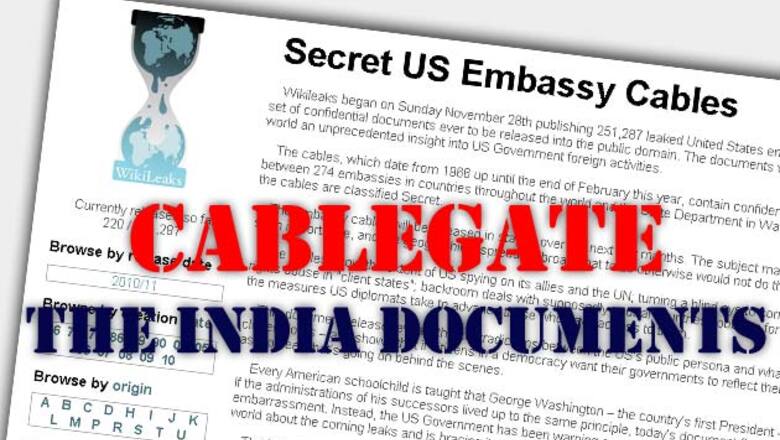
views
Reference ID: 09BEIJING2963
Date: 2009-10-26 00:12
Classification: SECRET
Origin: Embassy Beijing
VZCZCXRO0653
OO RUEHCN RUEHGH RUEHVC
DE RUEHBJ #2963/01 2990014
ZNY SSSSS ZZH
O 260014Z OCT 09
FM AMEMBASSY BEIJING
TO RUEHC/SECSTATE WASHDC IMMEDIATE 6589
INFO RUEHOO/CHINA POSTS COLLECTIVE
RUEKJCS/SECDEF WASHINGTON DC
RUEKJCS/JOINT STAFF WASHINGTON DC
RHEHNSC/NSC WASHDC
RUEAIIA/CIA WASHINGTON DC
RHMFISS/CDR USPACOM HONOLULU HI
S E C R E T SECTION 01 OF 02 BEIJING 002963
SIPDIS
PACOM FOR FPA PICCUTA
EO 12958 DECL: AFTER KOREAN UNIFICATION
TAGS OVIP (STEINBERG, JAMES B.), PREL, PARM, PGOV, ECON,
ETRA, MNUC, MARR, CH, JP, KN, KS, IR
SUBJECT: DEPUTY SECRETARY STEINBERG’S MEETING WITH VICE
FOREIGN MINISTER HE YAFEI, SEPTEMBER 29, 2009
Classified By: Political Minister Counselor Aubrey Carlson. Reasons 1. 4 (b) and (d).
¶1. (SBU) September 29, 2009; 8:30 a.m.; St. Regis Hotel, Beijing.
¶2. (SBU) Participants:
UNITED STATES Deputy Secretary Steinberg Laura Stone (notetaker)
CHINA Vice Foreign Minister He Yafei MFA North American and Oceanian Affairs Department USA Division Director An Gang (notetaker)
Summary
-------
¶1. (S) Summary: Deputy Secretary Steinberg explained U.S. confidence-building and transparency objectives vis-a-vis Iran that we planned to pursue at the October 1 P5-plus-1-plus-Iran Political Directors meeting. VFM He said an MFA Director General-level official would attend for the PRC. He emphasized the importance of sustaining the dialogue, expressed hope that U.S. domestic political pressure would not lead the U.S. to pursue UN sanctions, and affirmed the need for monitoring, supervision and benchmarks. The Deputy Secretary rejected the idea that politics were motivating U.S. Iran policy, and made clear the U.S. position that we need to resolve, not just monitor and supervise, the Iranian nuclear problem. On the upcoming POTUS visit, VFM He suggested that a joint statement reflect the balanced, comprehensive nature of the relationship while also addressing each country’s “core” interests. He expressed worry that the Copenhagen climate change meeting could overshadow the trip. VFM He welcomed the institutionalized G-20, downplayed the importance of Premier Wen Jiabao’s announced October 4-6 trip to Pyongyang, and bemoaned the U.S. 421 tire safeguards decision. End summary.
Iran
----
¶2. (S) The Deputy Secretary explained U.S. objectives for the October 1 P5-plus-1 Political Directors meeting with Iran. He outlined actions in support of the pillars of confidence building and transparency that Iran needed to undertake to establish its seriousness in addressing the nuclear issue. On process objectives, the Deputy Secretary noted that the nuclear issue would need to remain the primary subject in follow-up experts meetings, although other agenda topics were possible.
¶3. (S) VFM He Yafei said he could not attend the October 1 talks and would send an MFA Director General-level official. Based on Chinese communications with Iran, VFM He said, he thought it would be difficult for Iran to refuse talks, since entering into dialogue was the only way to diffuse tensions. He was less certain about the prospect of Tehran giving up its nuclear program. VFM He asserted that because the weapons program was “not quite there yet” and the facilities were all dual-use in nature, Iran’s assertions that the program was for peaceful use were “50-percent true.” The key, according to VFM He, was monitoring and supervision, while establishing benchmarks that Iran should not cross.
¶4. (S) VFM He suggested that the first objective of the October 1 meeting with Iran should be to keep the dialogue alive. He asked that the United States not reject Iranian attempts to broaden the conversation or create the impression that the talks were not making progress. Noting that President Obama had told President Hu Jintao that resolving the Iran situation was a pressing U.S. interest, VFM He asked how long the United States would remain patient in the face of limited progress. He expressed hope that “domestic political pressure” would not lead the United States to seek new UN Security Council sanctions.
¶5. (S) The Deputy Secretary stated that domestic political factors were not driving our approach to Iran, but rather a
BEIJING 00002963 002 OF 002
conviction -- shared by Britain and France -- of the need to resolve the Iranian nuclear problem. The nuclear issue needed to be discussed up front in talks; the process could not stay alive without Iran committing to some confidence-building measures. Monitoring and supervision were not adequate, as the North Korean case had demonstrated.
POTUS Visit
-----------
¶6. (C) VFM He asked that the upcoming POTUS visit reflect the balanced, comprehensive nature of the relationship, including economic, security, cultural, economic and people-to-people ties. A joint statement should not be too detailed and should instead mirror the status of two of the world’s most important leaders. That said, the statement had to address, in a positive way, both countries’ “core” interests. VFM He expressed worry that the early-December Copenhagen climate change meetings could overshadow the POTUS visit, and recommended that China and the United States focus during the visit on our respective national commitments in the realm of climate change.
¶7. (C) VFM He raised his proposal for a “humanities” MOU that would cover people-to-people, cultural, and science and technology exchanges, saying he hoped to make this one of the “gems” of the visit. He suggested that the presidents sign the clean energy and environmental protection MOU.
G-20
----
¶8. (C) VFM He thanked President Obama for his leadership in institutionalizing the G-20, which had created a "comfortable" platform for countries like China and India to play a larger role. He explained that there had been some domestic criticism of President Hu’s participation in the G8-plus-5. He expressed hope that the United States would coordinate closely with China as we established new rules for the organization, and that it would not become an organization that duplicated the United Nations or the G-8. VFM He expressed reservations about how fast the G-20 could expand to handle issues beyond economics and finance, but noted that if the organization was going to stay relevant for leaders it’s scope would have to grow. He specifically mentioned the need for a coordinating mechanism on global diseases and counter-terrorism.
North Korea
-----------
¶9. (S) VFM He downplayed Premier Wen Jiabao’s upcoming October 4-6 visit to Pyongyang, stating “we may not like them,” but “they (the DPRK) are a neighbor,” and the trip was part of the 60th anniversary of relations celebrations. He stated that the Premier would convey a strong message on the need to denuclearize, to come back to the Six-Party talks, and to not abandon the Six-Party Talks framework. He noted that North Korea often tried to play China off the United States, refusing to convey information about U.S.-DPRK bilateral conversations. Clearly seeking a clarification for the record, VFM He asked if the United States were prepared to accept a nuclear-armed but non-proliferating North Korea. The Deputy Secretary stated this was not acceptable or sustainable.
Tires
-----
¶10. (C) VFM He lamented the United States’ recent 421 tire decision, and expressed concern that lawyers in the United States were preparing additional cases on products such as textiles. He opined that China and the United States relied too much on “technical” negotiators.
¶11. (U) The Deputy Secretary has cleared this message.
HUNTSMAN
Reproduced from cablegate.wikileaks.org











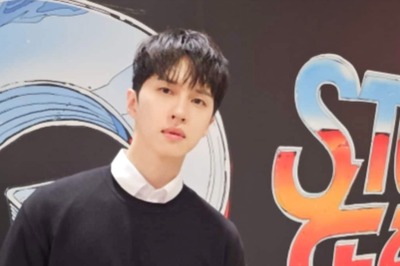

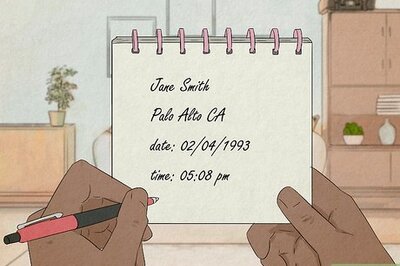



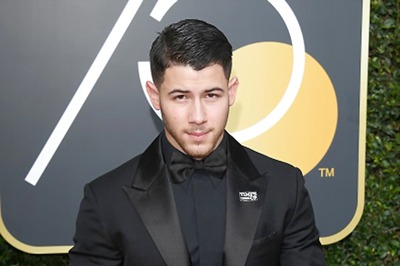
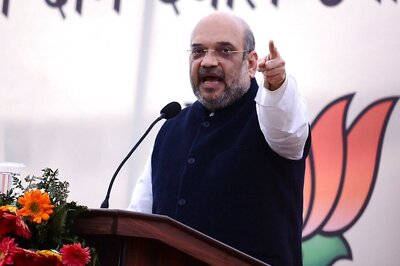

Comments
0 comment